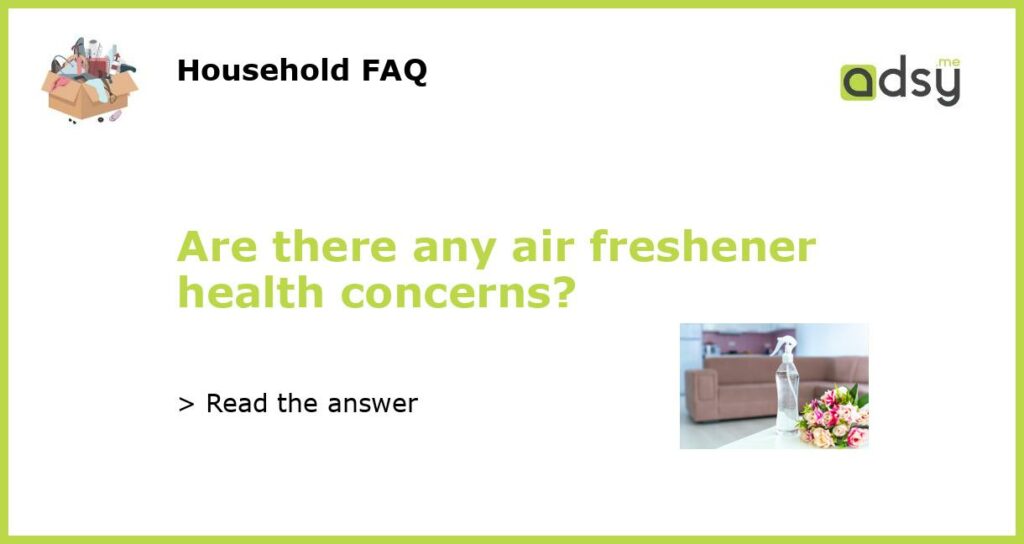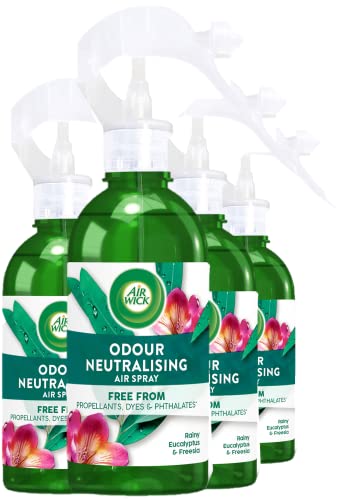Air fresheners have become a commonplace item in most households, offices, and even cars. The primary function of air fresheners is to remove foul odors and replace them with pleasant scents. However, concerns about air freshener health risks have emerged, prompting people to scrutinize the use of these products.
Types of Air Fresheners
There are several types of air fresheners, including aerosols, plug-ins, sprays, and gels. Aerosols and sprays work by dispersing fine droplets into the air, while plug-ins and gels release fragrances gradually. Some air fresheners contain essential oils, while others contain synthetic fragrances.
Potential Health Risks of Air Fresheners
Despite their effectiveness in keeping spaces smelling fresh, air fresheners may pose some potential health risks, especially to vulnerable groups such as asthmatic individuals or people with respiratory conditions. Studies have linked air fresheners to headaches, dizziness, and respiratory problems. Some air fresheners also contain volatile organic compounds that can cause eye and throat irritation and exacerbate asthma symptoms.
Safer Alternatives
If you’re concerned about air freshener health risks, there are safer alternatives that you can consider. For instance, you can use natural air fresheners such as plants, baking soda, or lemon juice. Alternatively, you can open windows to allow fresh air to circulate throughout your space. You can also invest in an air purifier to remove pollutants from the air.
In conclusion, air fresheners may be effective in removing unpleasant odors, but they can pose potential health risks. If you must use air fresheners, ensure that you use them in moderation and follow the usage instructions provided. Consider safer alternatives to keep your space smelling fresh, and always prioritize your health when choosing air fresheners.






